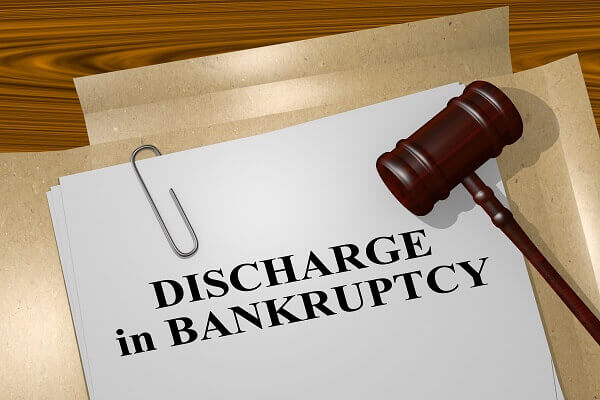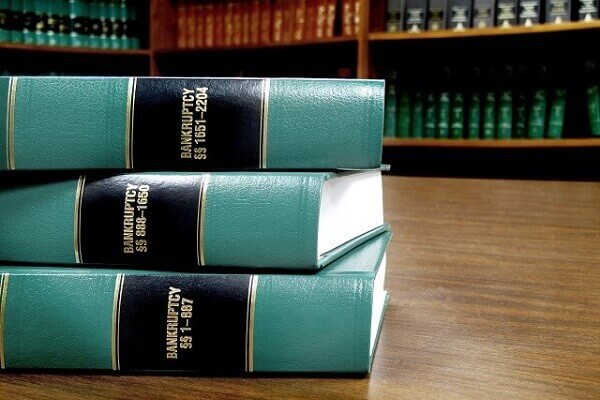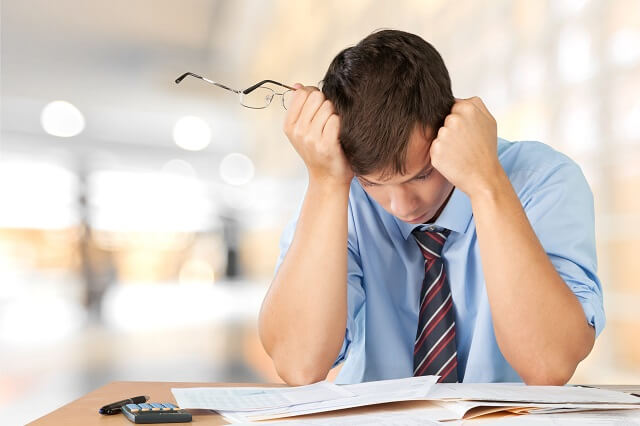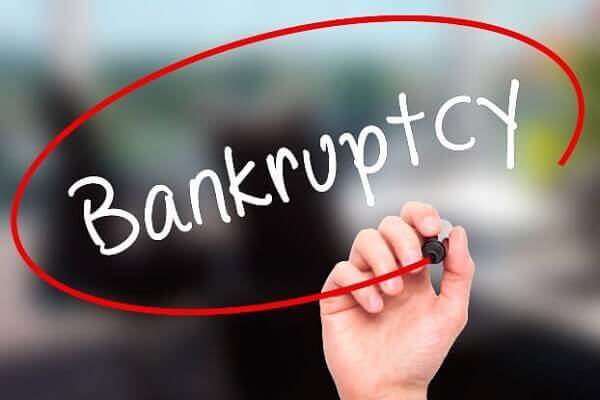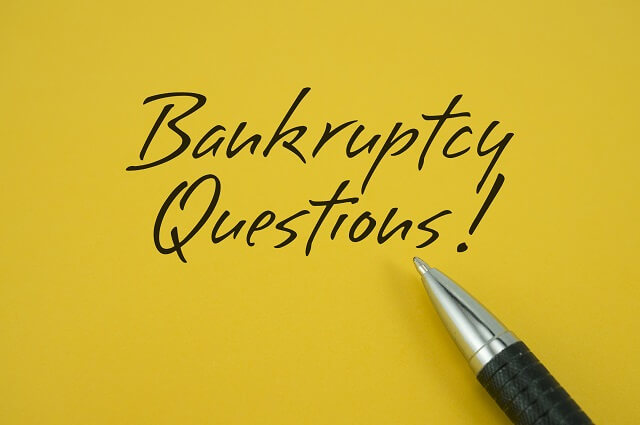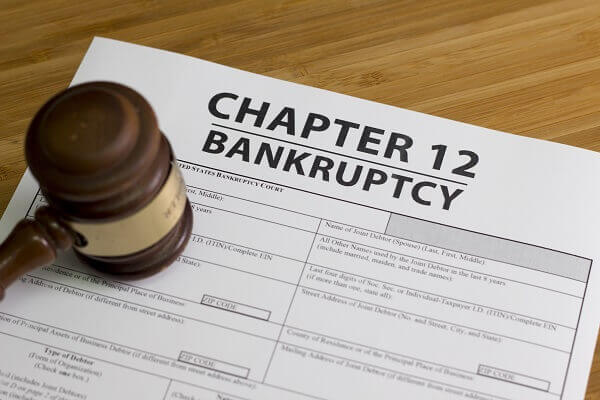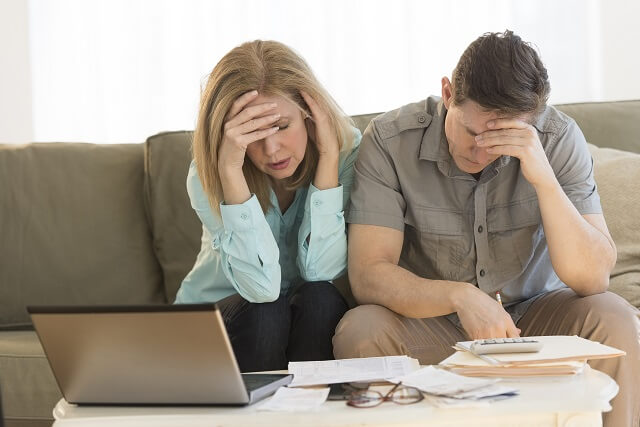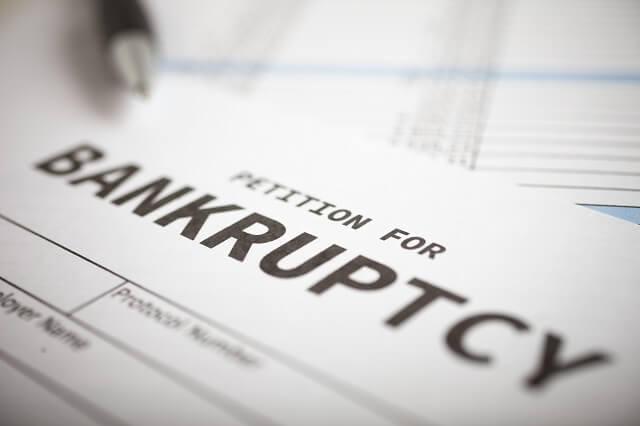What is a Proof of Claim in a Bankruptcy Case?
What is a proof of claim in a bankruptcy case? It is a written statement that tells the court, the debtor, and the trustee, along with other interested parties, that a creditor will exercise the right to receive a payout from the bankruptcy estate. In a Chapter 7 or Chapter 13 consumer bankruptcy case, when…
What is a Bankruptcy Discharge and When Does It Happen?
What is a Bankruptcy discharge? At the end of your bankruptcy, you receive a discharge. This is a court order that is used for Chapter 7 and Chapter 13 bankruptcies, and it relieves you from debt obligations associated with the bankruptcy case. To receive a discharge from the court, you must satisfy all requirements. Once…
Using Bankruptcy to Manage Your Tax Burden: Is It Possible?
Can you use bankruptcy to manage your tax burden? Heavy tax burdens, whether it is past due state taxes or taxes due to the Internal Revenue Service (IRS), are stressful for any consumer. For most cases of tax debt, you cannot discharge those taxes through bankruptcy. While this sounds discouraging, you still have options for…
Will Your Spouse be Affected if You File for Bankruptcy?
Will your spouse be affected if you file for bankruptcy? In most cases, a married couple decides to file for bankruptcy together. However, there are instances where one spouse carries more premarital debts; therefore, it makes sense for only him or her to file. If this situation sounds like your own, you may wonder how…
What Happens if I Cannot Make My Bankruptcy Plan Payments?
When you file for Chapter 13 bankruptcy, the court assigns a repayment plan. This repayment plan was originally proposed by you and your bankruptcy attorney, and the court accepted it. Therefore, you are required to make those payments on time to the court’s trustee. But, what happens if you cannot make your bankruptcy plan payments?…
Five Tips for Surviving Your Chapter 13 Bankruptcy
Can you survive your Chapter 13 bankruptcy? Chapter 13 bankruptcy is not a quick process. Instead, you will be spending several years reorganizing your debts and catching up on missed payments. But, in return, you will keep your assets and not have to liquidate property. While there are pros and cons to Chapter 13 bankruptcy,…
Will Your Farm Qualify for Chapter 12 Bankruptcy?
Will your farm qualify for Chapter 12 bankruptcy? Chapter 12 bankruptcy was designed for farmers and fisherman who have a regular annual income. This allows farms in distress to create a plan and repay all or a portion of their debts that they have struggled with. While it is an excellent financial option for farms…
Five Surprising Facts about Bankruptcy in the U.S.
Bankruptcy is not uncommon to American consumers. Even if one particular consumer has not filed, odds are high that he or she has a friend or family member who has before. Regardless of how common it is, it is still widely misunderstood. So, whether you are considering filing for bankruptcy yourself or if you have…
What Property is Exempt and Nonexempt in My Bankruptcy?
When you file Chapter 7 bankruptcy in the state of Washington, there is some property that will be protected under the state’s exemptions (RCW 6.15.020). These exemptions can also apply in a Chapter 13 case. Washington is one of the few states that allows you to choose between the state or federal exemptions. This means…
What Are the Steps of Chapter 7 Bankruptcy?
When you file for bankruptcy, there are a few steps that you will go through. The process is not over quickly, so by being aware of the stages, you can be better prepared for how long it will take to settle your case. Also, certain factors in your bankruptcy case could influence whether it takes…

